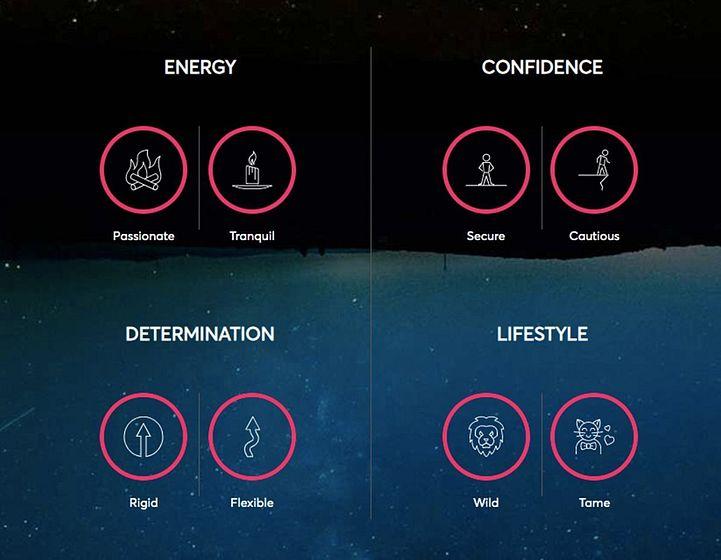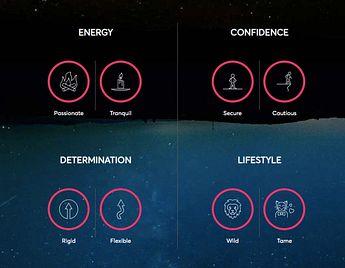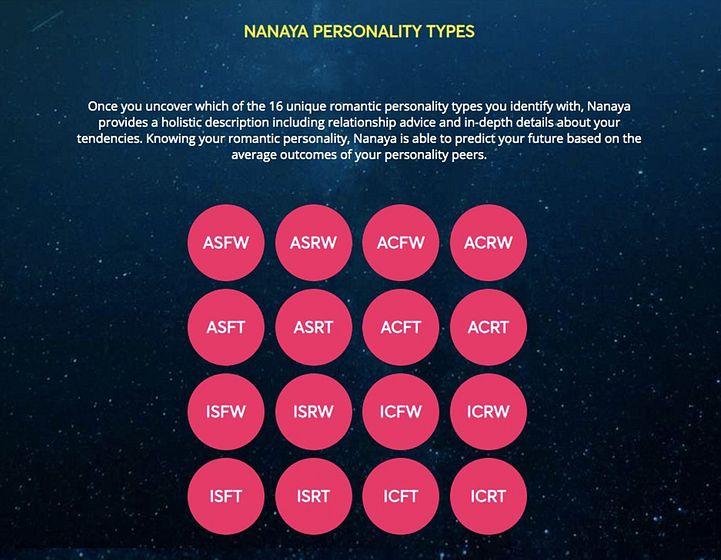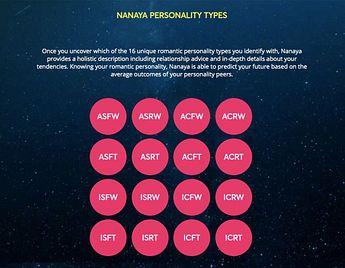It's difficult to put into words how single you are when you are single in lockdown,” a friend in her early thirties recently told me. After a year without a relationship, the question of when she might meet someone had taken on an urgent quality.
Now an algorithm called Nanaya claims to answer that very question, using a combination of quantitative psychology, systems modelling and data analysis to predict how long we’ll remain single.
Nanaya has been developed by NASA systems engineer Rashied Amini, who was inspired to create the algorithm when his now ex-girlfriend was vacillating between staying or leaving the relationship. In order to help her decide, she asked him to do a ‘cost-benefit analysis’ of the relationship, testing how compatible they were long term. He built a proto-type, “mainly because I wanted to distract myself,” he says, and thus Nanaya was born.




